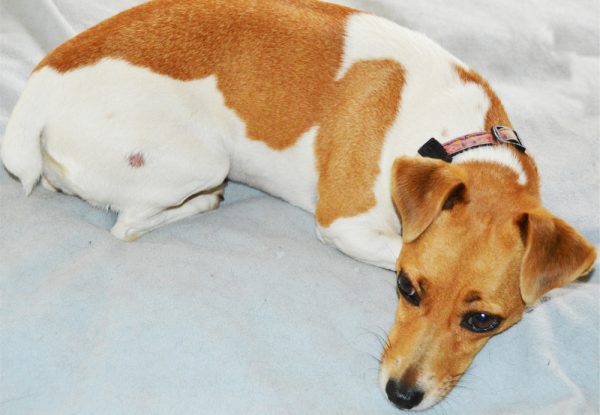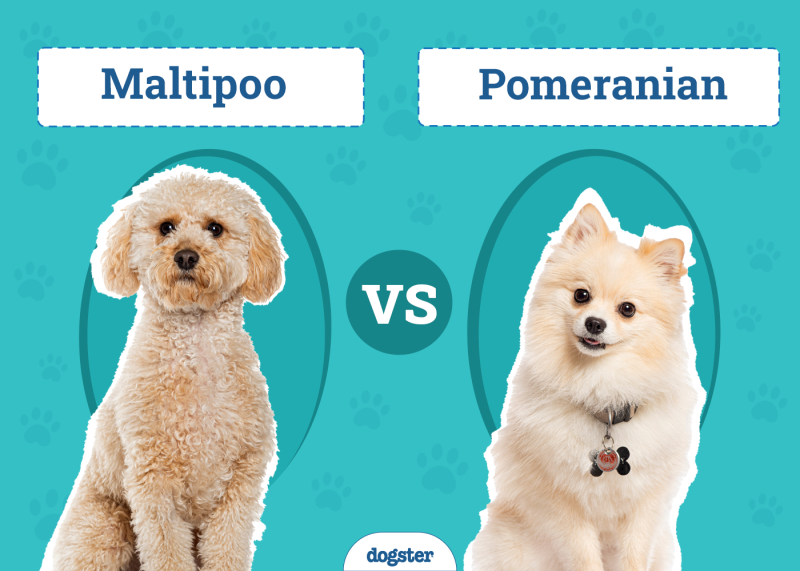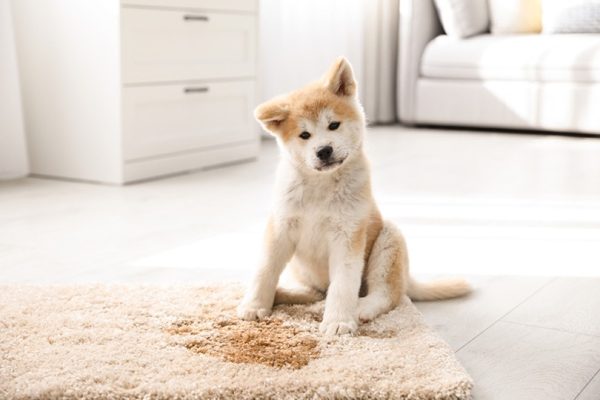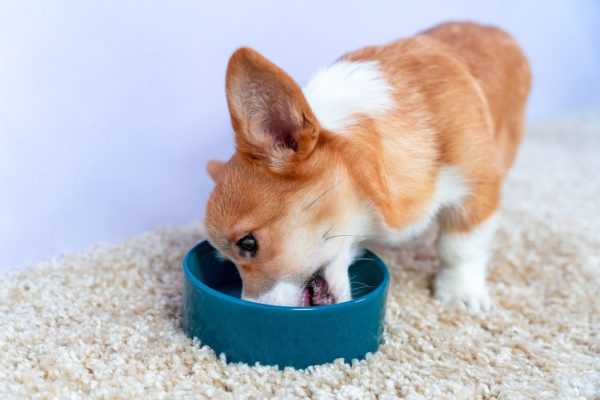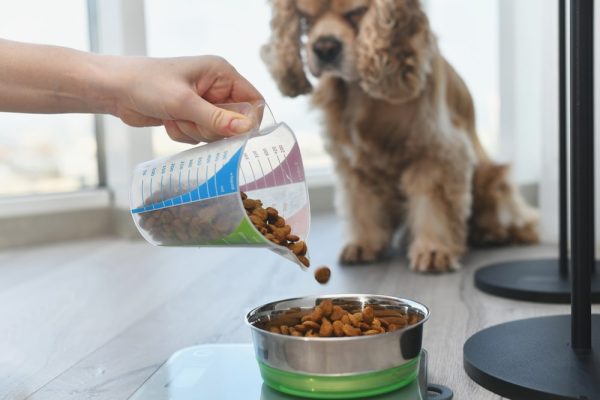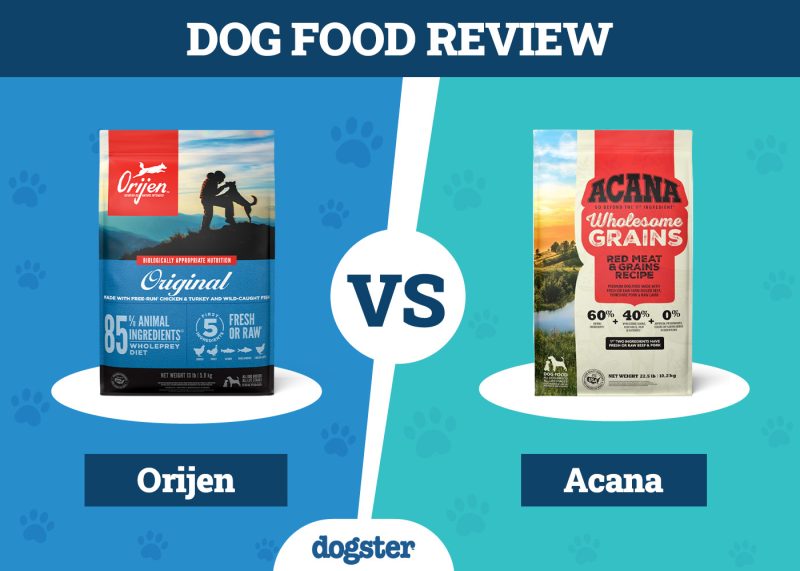In this article
Note: This article’s statistics come from third-party sources and do not represent the opinions of this website.
With its population of around 18 million dogs, the Philippines has one of the largest pet populations in the world and it is estimated that nearly two-thirds of all households own at least one pet. Dogs are the most popular species of pets, followed by cats, while nearly 1 in 10 households keep roosters or chickens.
The pet industry in the Philippines is worth an estimated $100 million a year and this is expected to grow as the population moves away from its continued reliance on table and raw food, towards a commercial pet food diet, and as the pet population continues to grow. Other likely changes within the industry, as well as a change to commercial foods, include greater expenditure on premium foods and a potential move to online shopping.
Below, you can find 13 statistics related to the pet industry in the Philippines, including expected growth and current expenditure levels.

The 13 Pet Industry Statistics in the Philippines
- 64% of Filipino households keep one or more pets.
- 78% of Filipino pet owners have dogs, 50% have cats.
- 8% of Filipino households have chickens or roosters.
- There are approximately 18 million pet dogs in the Philippines.
- The pet industry is worth around $100 million a year.
- Half of dogs and cats are fed table or raw food diets.
- Only 11% of pet food is bought online.
- There are 47 local and 111 foreign pet food companies operating in the Philippines.
- Approximately 50 million kilograms of pet food is bought each year.
- Pet food imported from the US accounts for 61% of the commercial pet food market.
- Pedigree, Royal Canin, and Alpo are the most popular pet food brands.
- The dog population is expected to grow to 21 million by 2026.
- The pet food market is expected to grow by 6% to 7% over the next decade.
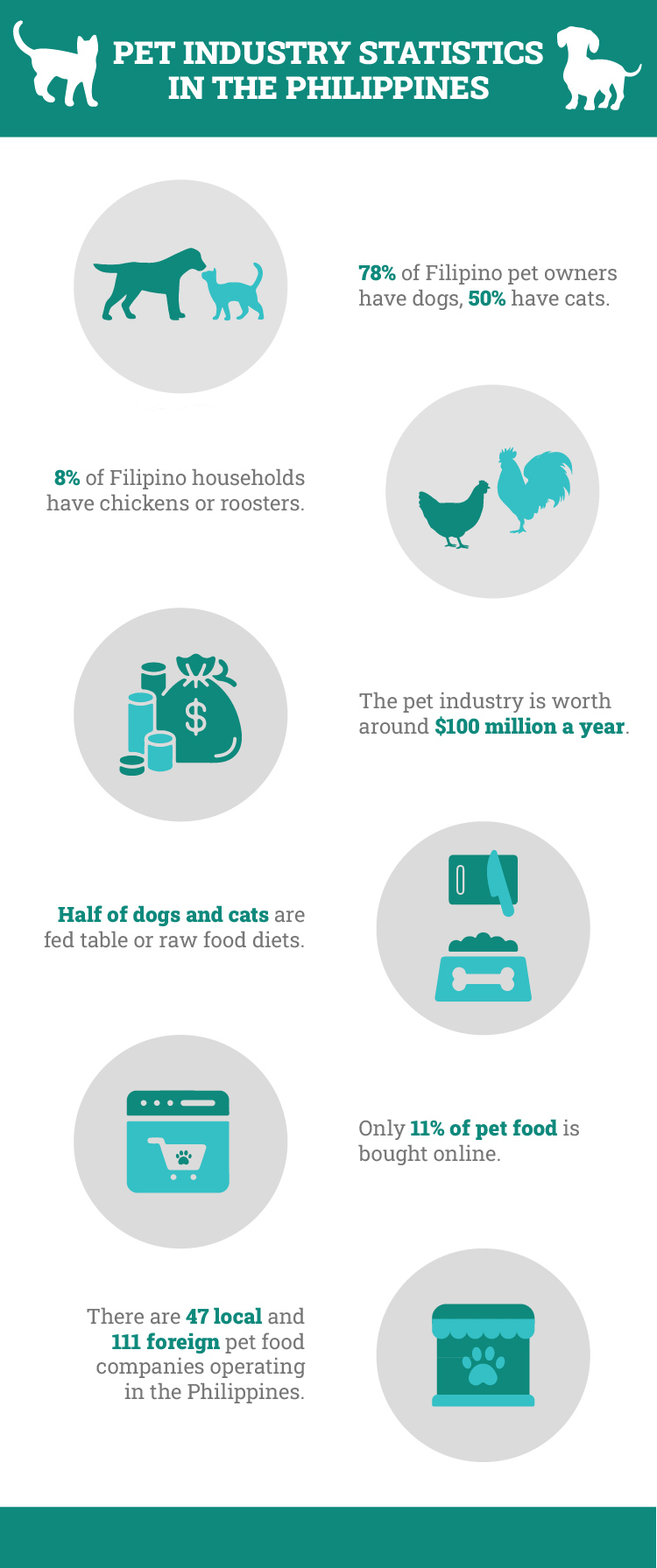

Pet Ownership in the Philippines
1. 64% of Filipino households keep one or more pets.
(Inquirer)
The Philippines has a very high pet ownership rate, with nearly two-thirds of all households keeping one or more pets. Dogs are the most popular pets, followed by cats, while other popular animals include chickens and roosters, birds, and fish. A small percentage of the population also keeps ducks and rabbits.
The figures do not include those that keep animals for the purpose of selling, so these are domestic pets only.

2. 78% of Filipino pet owners have dogs, 50% have cats.
(Inquirer)
Like most countries in the world, the dog is the most popular pet species, with more than three-quarters of all pet owners keeping at least one dog. Around half of pet owners keep cats.
A third of people who keep pets have both cats and dogs, and just 5% of pet parents do not keep either dogs or cats but do keep other animals.
3. 8% of Filipino households have chickens or roosters.
(Inquirer)
Cock fighting is still legal in the Philippines, except on December 30, when participants can face imprisonment. Even those that no longer participate in cock fighting keep roosters because they have become a popular addition to many houses and families.
Chickens are also popular, and because they are so readily available, there is a large population of these fowl. Nearly 1 in 10 Filipino households keep roosters or chickens.
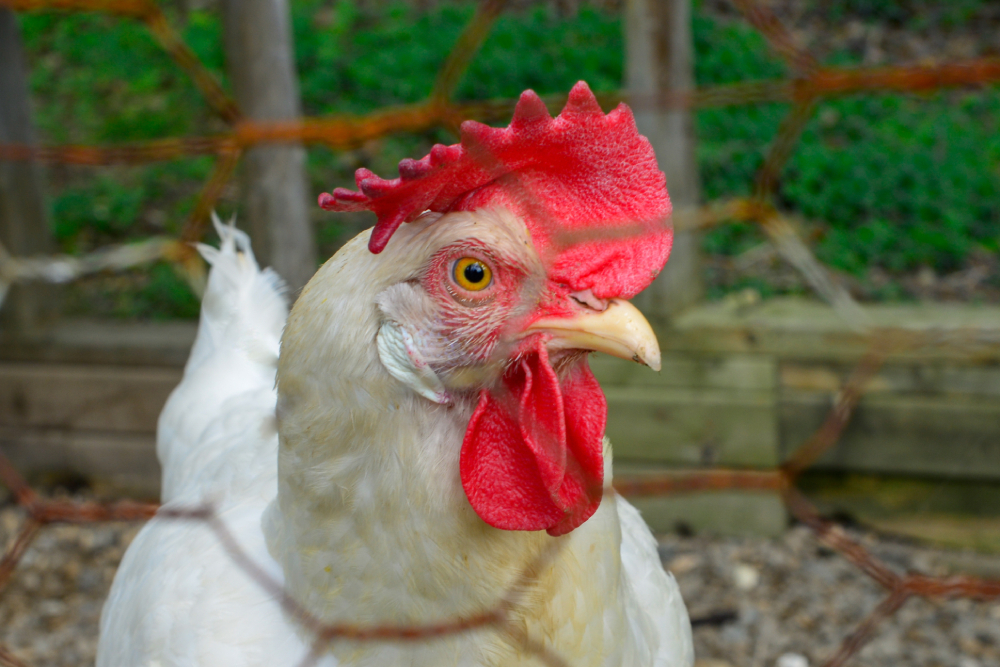
4. There are approximately 18 million pet dogs in the Philippines.
(Statista)
While roosters and chickens are popular, dogs are the most popular of all the species kept as pets. There are nearly 20 million pet dogs in the Philippines, which is one of the top 7 largest canine populations in the world, by country.
Like a lot of people around the world, Filipinos took on more pets, especially dogs, during the COVID-19 pandemic, which means that the figure has grown even more significantly over the past couple of years.

The Current State of the Pet Industry
5. The pet industry is worth around $100 million a year.
(Global Pet Industry)
Although the country has one of the largest pet populations of any country in the world, the national pet industry is only valued at around $100 million a year, according to the Global Pet Industry body. This figure is increasing, however, as pet parents move from table and raw diets to commercial kibble and other commercial diets.
Owners rarely, according to surveys, take their pets to the vet, which also means that the annual expenditure is lower than expected.

6. Half of dogs and cats are fed table or raw food diets.
(Pilmico)
Table and raw diets are popular pet diets in the Philippines. Fresh food is especially popular with rural owners, who likely have greater access to the raw materials needed for a fresh food diet and might struggle to easily buy commercial foods.
Of the owners that do buy commercial food, the main reasons given for doing so are that the food is trustworthy and that there are high-quality products on offer.
7. Only 11% of pet food is bought online.
(Pilmico)
For those pet owners that do purchase commercial pet food, grocery stores are the most popular choice of retailer type with 55% of all food bought from this channel. Pet shops account for approximately 25% of purchases, and e-commerce only accounts for 11%.
E-commerce purchases have risen, however, from 10% in 2020, and this figure will likely continue to rise.

8. There are 47 local and 111 foreign pet food companies operating in the Philippines.
(Global Pet Industry)
More than 150 pet food companies vie for business in the Philippines, and more than two-thirds of these are foreign pet food companies that export their products to the country. There are 47 local pet food manufacturers and 111 foreign exporters.
9. Approximately 50 million kilograms of pet food is bought each year.
(Petfair-Sea)
In total, 50 million kilograms of pet food is purchased every year. The amount of food purchased is expected to grow to around 53 million kilograms by 2026. Most of the commercial food sold is imported from overseas and typically sells for less than $2 per kilogram.
Some companies are expecting to see an increase in the amount of premium food sold, which will push average prices up in the coming years.

10. Pet food imported from the US accounts for 61% of the commercial pet food market.
(Petfair-Sea)
Filipino pet owners prefer imported pet food because they perceive it to be of higher quality and offer better value for money. 61% of all commercial pet food sold in the country is important from the U.S.
Purina has said it believes that Filipinos are becoming increasingly willing to spend more money on premium products, however, and they expect the average price per kilogram to increase.
11. Pedigree, Royal Canin, and Alpo are the most popular pet food brands.
(Petfair-Sea)
Because of the popularity of imported food, the most popular brands are recognizable names from the world of pet food. The most popular brands are Pedigree, Royal Canin, and Alpo. Dry kibble is the preferred commercial food type.
Mars Philippines is the leading pet food company, and its brands include Pedigree and Royal Canin as well as Whiskas.


Forecasted Market Changes
12. The dog population is expected to grow to 21 million by 2026.
(Statista)
The Filipino dog population isn’t expected to slow anytime soon, and the current 18 million population figure is expected to climb to 21 million within the next two years. This increase in population will bring an increase in the pet industry valuation, too.
13. The pet food market is expected to grow by 6% to 7% over the next decade.
(Global Pet Industry)
Pet food makes up the vast majority of the pet industry in the Philippines, especially as owners rarely take their pets to the vet, even for annual checkups. Experts expect the industry to grow by 6% to 7% per annum for the next decade.
Likely trends within the market will include a further shift towards commercial food and may see more online purchases made to access more premium food choices.
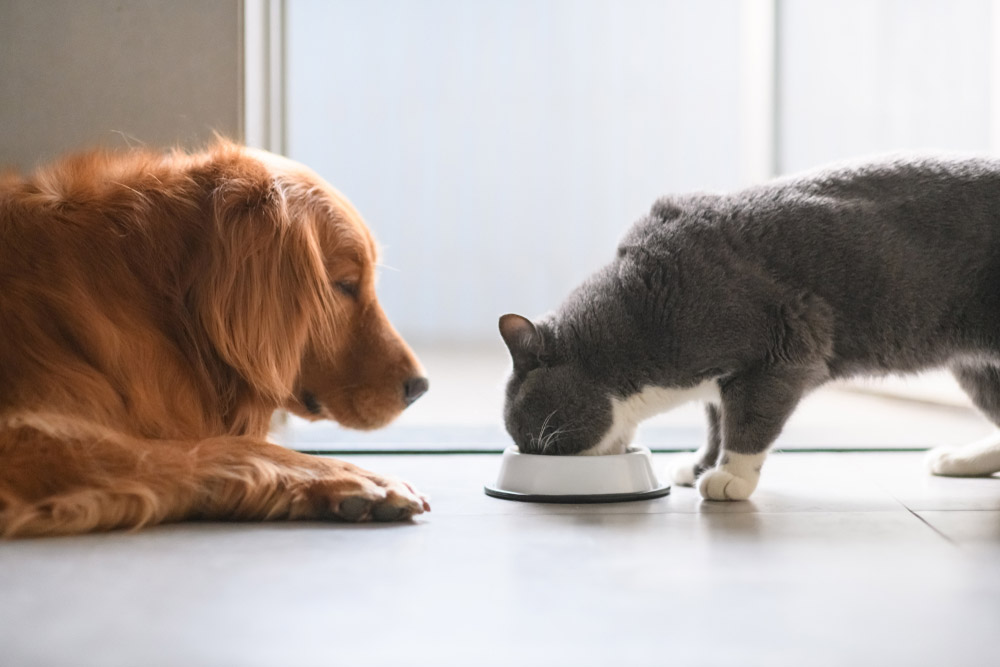

Frequently Asked Questions (FAQ)
What are the most popular dog breeds?
There is no official register of all dogs in the country, but popular dog breeds include the Siberian Husky, Shih Tzu, Chihuahua, Pomeranian, and Chow Chow. There is an obvious preference for small breeds, with the exception of the Husky and the Chow Chow.
As is true in most countries, the most popular “breed” is the cross or mixed breed. (Pilmico)
What are the most popular cat breeds?
Some of the most popular cat breeds are the Persian, British Shorthair, and Domestic Shorthair breeds. But, again, the most popular breed is the moggy or mixed breed. (Pilmico)
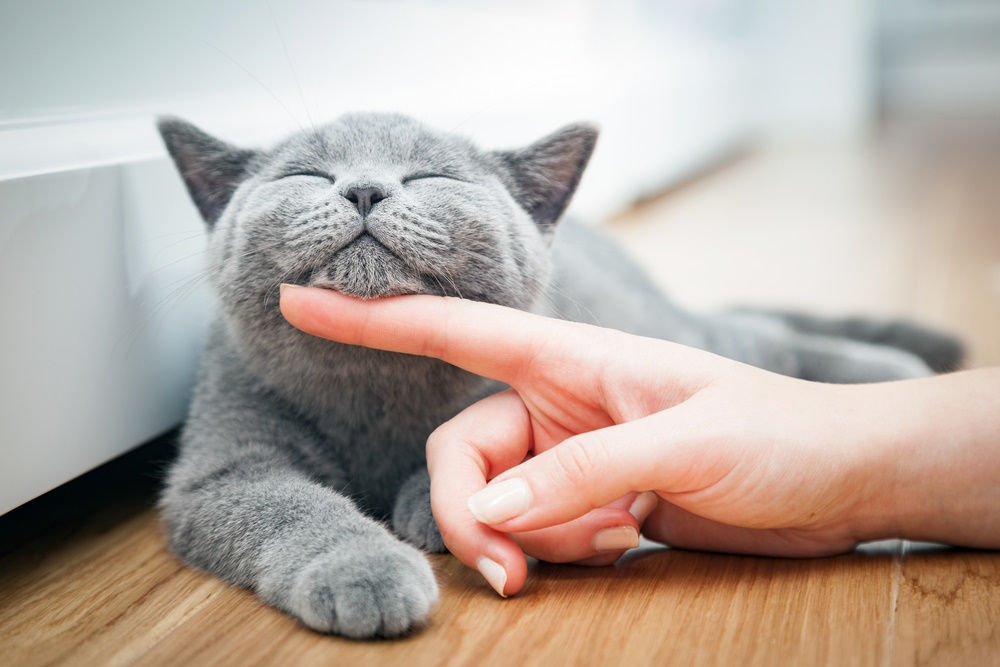
How often do Filipino pets visit the vet?
Filipinos have a low rate of visiting the vet. Only half of dog owners report visiting the vet within one year, and this figure is even lower for rural owners. Cat owners are even less likely to take their cats to the vet.
A massive 93% of owners said they had not taken their cat to the vet within one year. (Pilmico)

Conclusion
The Philippines has a large pet population, including one of the largest dog populations of any country. Despite this, the pet industry is only worth a fairly modest $100 million. Although that figure is expected to increase in the coming years, it is still dwarfed by countries like the U.S., which has an annual expenditure of around $140 billion.
However, charges are afoot within the industry, with owners moving away from raw and table diets to commercial food: the majority of which is imported from the U.S. and is set to include more premium options.






